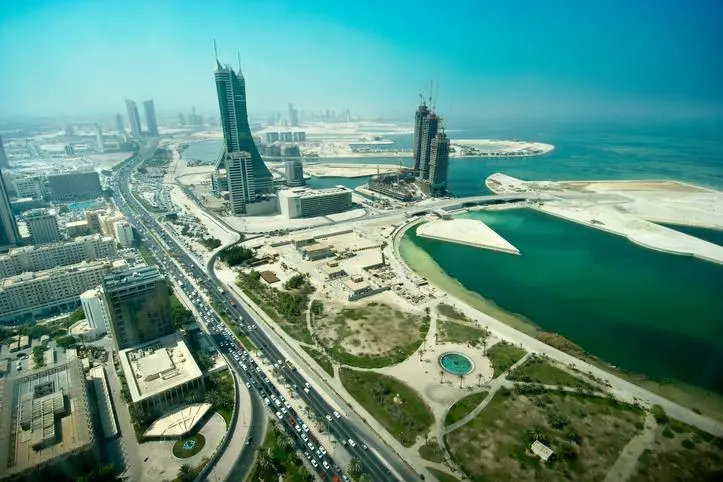PHOTO
DUBAI - Bahrain said on Wednesday it intends to build five offshore cities, tourism projects and trade and transport infrastructure within an economic growth and fiscal balance plan announced last month.
The announcement gives detail to a broad strategic projects plan announced on Oct. 31 that the small Gulf state said would catalyse over $30 billion of investments. No details have been given yet on the source of funding.
With the five planned cities off the coast at Fasht al-Jarm, Suhaila Island, Fasht al-Azem, Bahrain Bay and the Hawar Islands, the island state with a population of around 1.5 million expects its urbanized area will expand by 60%.
The announcement by Deputy Prime Minister Khalid bin Abdulla Al Khalifa carried by state media said infrastructure projects include a 109km Bahrain metro system, a 22.5km road and a long-planned second causeway connection to economic powerhouse Saudi Arabia.
In announcing the new growth and fiscal package last month, Bahrain delayed plans to fix its heavily-indebted finances following a hit from the pandemic. It pushed a zero-deficit target back by two years to 2024 from 2022 and increased the value-added tax to 10% from 5%.
Bahrain's public debt climbed to 133% of gross domestic product last year from 102% in 2019, the International Monetary Fund said. Kuwait, Saudi Arabia and the United Arab Emirates in 2018 extended a $10 billion aid package to Bahrain.
Seeking to boost visitors, the new projects include tourist resorts and an exhibitions city intended to be the region's largest around a Bahrain International Exhibition and Convention Centre.
The plans includes an aluminium industrial region near the existing Aluminium Bahrain (Alba) plant which contains one of the world's largest aluminium smelters, and a commercial, manufacturing and logistics zone built in partnership with the United States.
Within the $30 billion plan is an existing program to modernise and expand the refinery capacity of state-run Bahrain Petroleum Company (Bapco) from 267,000 to 380,000 barrels per day.
(Writing by Lisa Barrington; Editing by Kim Coghill) ((lisa.barrington@thomsonreuters.com;))





















